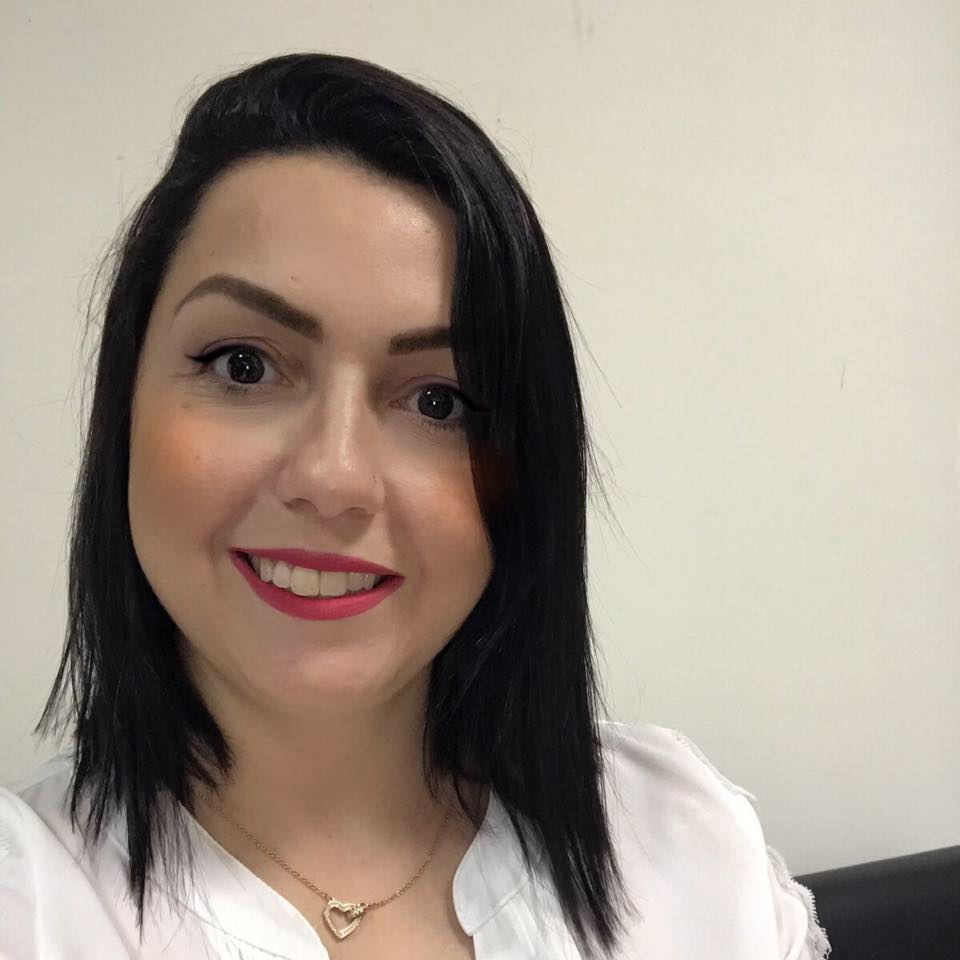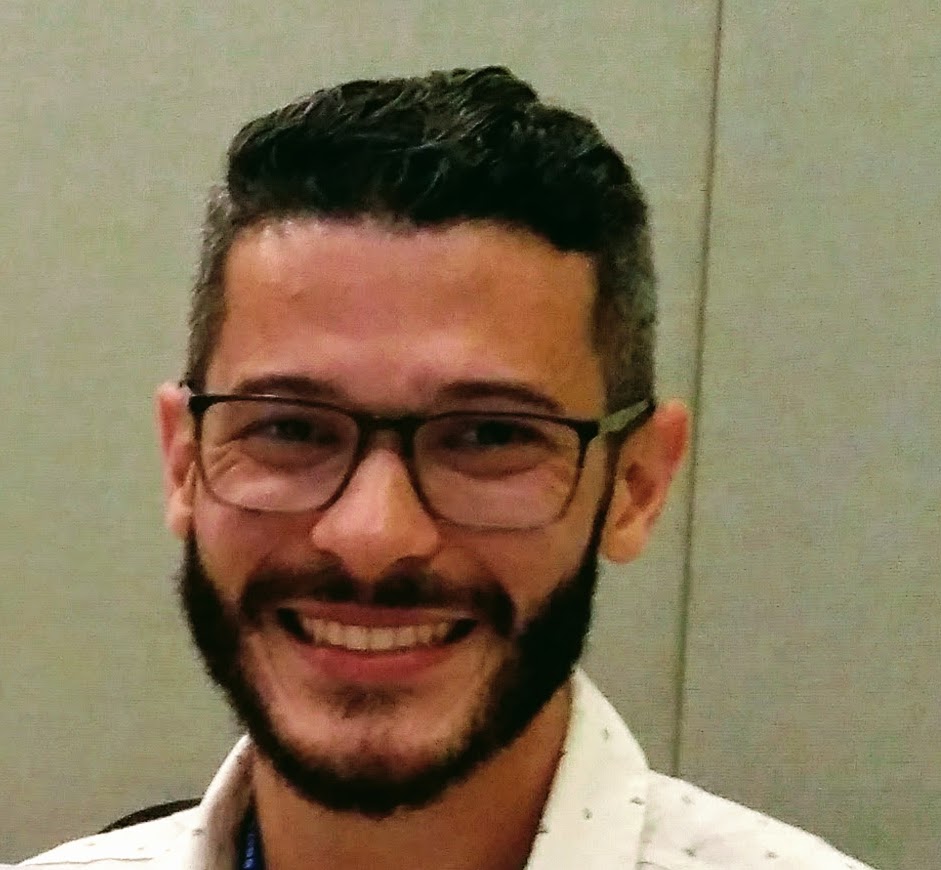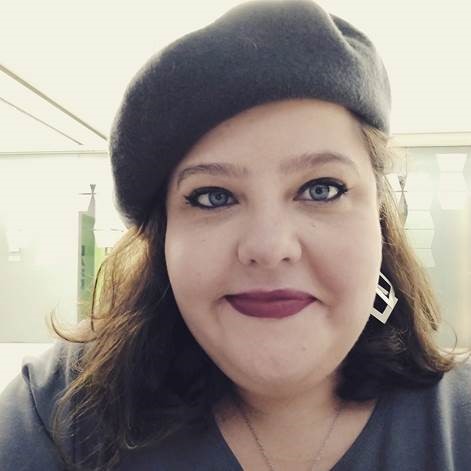If you want to master something, teach it!
“If you want to master something, teach it. A great way to learn is to teach.” Richard Feynman – theoretical physicist
This was Edutopia’s 24th of June Facebook post which was shared as a “tip” on my Instagram stories on the same day! I wrote: This is my motto, and it is, it has been like that since I can remember.
When I first started teaching, back in 2004, I remember I had a major problem with inversions. Yes, me, the now called ‘inversion lover’. When I started teaching advanced groups, I had to face this daunting topic, of course. Besides having grammar books to support me, I performed tons of exercises and that became a routine for almost six months. By the time I was teaching it, I had created a system to make it easier for students to understand why it is used for and to start using in almost all the sentences they uttered until it became natural.
In 2012 I sat for the CPE exam and I passed, but I can say for sure that I didn’t quite understand what was going on, in terms of – how many parts were there? Which one was which? How long was there to do each task? Why?
Those were questions I was only able to answer in 2015 when I started teaching Exam preparation courses. Not only did I devour books, such as May’s Exam classes, Burgess & Head’s How to teach for exams and the classics How to teach Vocabulary, Speaking, Listening, Reading I also studied the exams. Not for the exams, but the exams themselves.
What were the patterns, if any? Were there any repeated themes throughout the years? What were the hidden rules?
And the best question of all: How would I help my students to excel in all the Cambridge exams? At this point, I had created a set of tips which became posts here as well (references below).
I like to think that teaching is an art and it changes according to the necessities of the modern world. Now, I am having a whole new experience that I am in love with – teaching the Cambridge DELTA Module 1 preparatory course online at Mattiello Consultoria.
I see Modules 2 and 3 as the use of all the theories combined in order to plan a course and teach successful lessons. To try and measure what you learn when doing this course is impossible. When you plan your lessons, you see the theory and case studies being applied. When you start building courses, which is my case now, you are able to put everything you have learned into real practice. Now I am working on this art, working hard to master it. And while doing so, what I learn as a teacher, a tutor, is priceless.
Only when you start teaching something – anything – do you realize how crucial it is for you to break it down into steps first, and then be able to hopefully impart wisdom.
Please help me by answering to what extent do you agree with this?
References:
Tips on how to excel at Cambridge Exams – Part 1
https://www.richmondshare.com.br/08-tips-on-how-to-excel-at-cambridge-exams-part-1/
Tips on how to excel at Cambridge Exams – Part 2
https://www.richmondshare.com.br/tips-on-how-to-excel-at-cambridge-exams-part-2/





